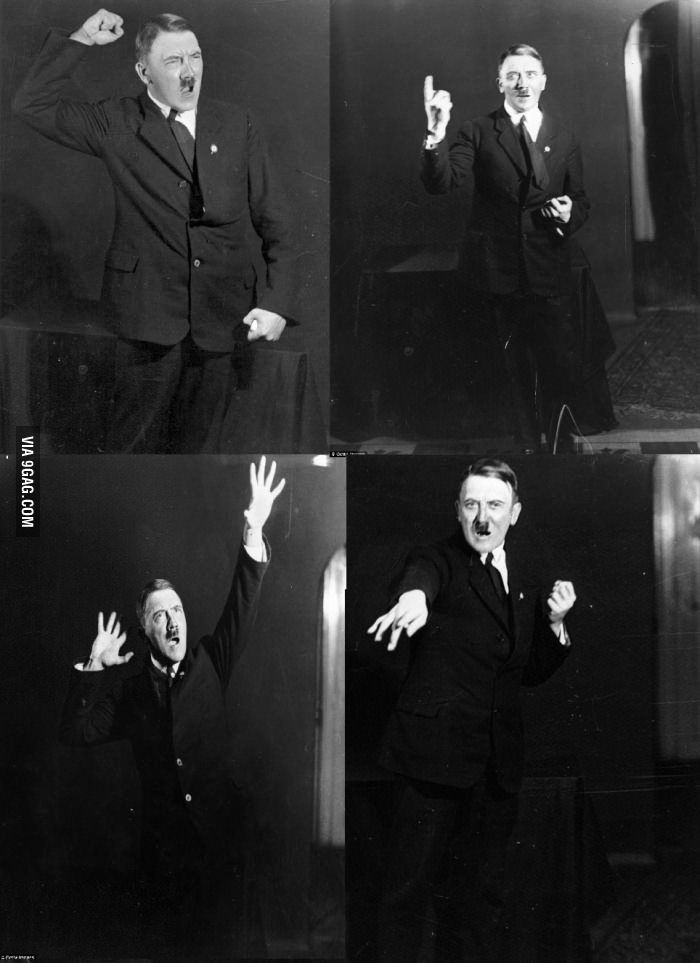So, I was in Stanford on Monday, giving a talk at the Political Science Department about
how building the Autobahn swayed German voters after 1933 to support the Hitler government. At dinner... we barely talked about the election, or Trump. And when we did, I was the only one who confessed to a feeling that this was about to go wrong in a big way. Now, I have been wrong with pessimistic predictions many times, but this one seemed just like an accident waiting to happen.
Now, friends on the left (ie. almost everyone I know) keep asking me what the parallels with 1933 are. Here is the google trends data for the search terms trump + fascism:
At first pass, one could think this is absurd. Trump most likely doesn't have a plan for world domination through a murderous war, nor is he likely to preside over mechanized genocide on a huge scale... but there is an increasing discussion whether it makes sense to compare Trump with 20C fascists more broadly.
Brad Delong sends us to the always-thoughtful Gideon Rachman:
...[In] 1944, George Orwell wrote....
It will be seen that, as used, the word ‘Fascism’ is almost entirely meaningless.... I have heard it applied to farmers, shopkeepers, Social Credit, corporal punishment, fox-hunting... Kipling, Gandhi, Chiang Kai-Shek... and I do not know what else.
And yet... different commentators have pointed to different aspects of the Trump campaign to justify applying the “f-word”. Andrew Sullivan... Trump “has violated and eroded the core norms that make liberal democracy possible”.... [For] Robert Kagan... fascism is... an ideological mess... [plus] a veneration of the strongman.... Robert Reich... [also] points to Trump’s veneration of strong leadership, alongside his nationalism and the undercurrent of violence in his movement, adding – “The content of what he says is utterly irrelevant. It is the style.”...
If you are looking for some academic rigour to be brought to this debate, there is no better authority than Robert Paxton, a professor at Columbia University and author of “The Anatomy of Fascism”. Anybody expecting a genuine academic to pour cold water on loose journalistic talk that Trump is a fascist might be sobered by Paxton.... Paxton... note[s that]... Trump... does not have his own militia to call upon. There are, as yet, no Trumpian equivalents of Mussolini’s “blackshirts” or Hitler’s “brownshirts”.... Even if Trump falls short, his extraordinary popularity says something very worrying.... As a recent New York Times review of Volker Ullrich’s new biography of Hitler puts it:
What is truly frightening in Ullrich’s book is not that a Hitler could exist, but that so many people seemed to be secretly waiting for him.
I am not particularly sure that this is the truly frightening thought. Once you think about what made the German dictatorship of 33-45 possible, one ends up wondering why similar stuff doesn't happen with much greater frequency...
Of course, there is a very real discussion if fascism is actually a helpful analytical concept at all. What do men like Franco - great fans of the Catholic church, deeply conservative in social matters -- have to do with Hitler and Mussolini? The anti-Jewish stance of the latter is almost an afterthought, etc. The key parallels seem few, other than being strongmen with a taste for violence.
Next up, when I have a minute -- what I see as the key differences and similarities between Germany 1933 and the US 2016...


